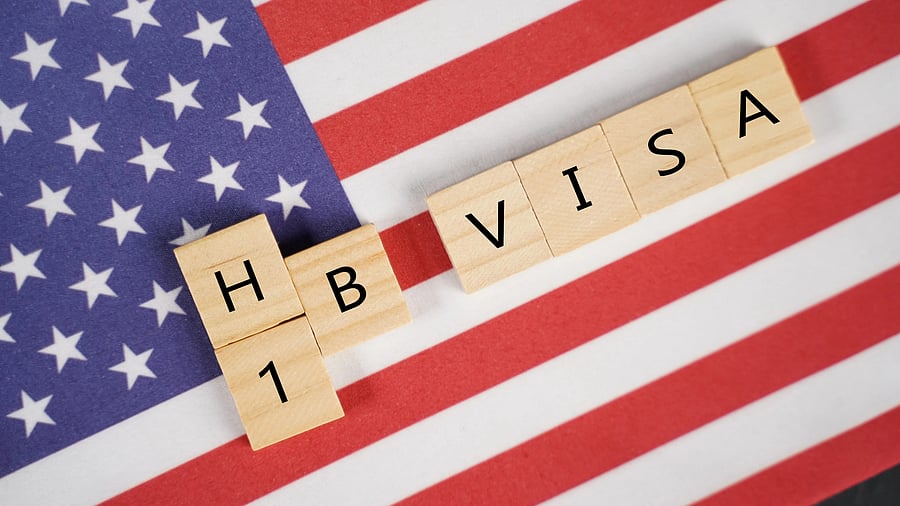
Representative image for H-1B visa.
Credit: iStock Photo
With the US government introducing a $100,000 one-time fee for new H-1B visa applications and proposing wage-based selection, salary levels, and skills have become decisive factors in visa approvals.
Here’s how:
Higher salaries improve selection chances
Under the proposed merit-based system, applicants who are offered higher wages will be prioritized over those earning less. Employers that can demonstrate salaries well above the prevailing wage level will boost an applicant's odds.
Specialized skills gain more value
Roles in high-demand sectors like artificial intelligence, cybersecurity, fintech, biotech, and advanced engineering are more likely to justify higher wages, giving those applicants a stronger edge.
Mid-level roles face greater risk
The $100,000 fee may discourage companies from sponsoring positions that do not command premium pay. This could shrink opportunities for mid-tier IT or business analysts who are commonly sponsored from India and China.
Strong employer justification matters
Employers will need detailed job descriptions, clear evidence of specialized duties, and compliance with wage norms to survive stricter scrutiny. Weakly justified petitions could be rejected despite meeting technical requirements.
Company size and financial strength count
Large firms with deep pockets are more likely to absorb the new cost and continue sponsorship, while smaller firms may scale back hiring foreign talent.
The US government has unveiled sweeping changes to the H-1B visa system, signaling a decisive shift toward prioritizing highly paid and highly skilled foreign workers.
Securing an H-1B will depend less on luck in the lottery and more on how much your employer is willing to pay and how rare your skills are.
A new rule signed last week introduces a one-time $100,000 fee for all new H-1B visa petitions, a dramatic increase from the current few thousand dollars that employers typically pay.
The White House has clarified that the fee will not apply to renewals of existing visas, though questions remain about its impact on cases involving job changes or applications after international travel.
